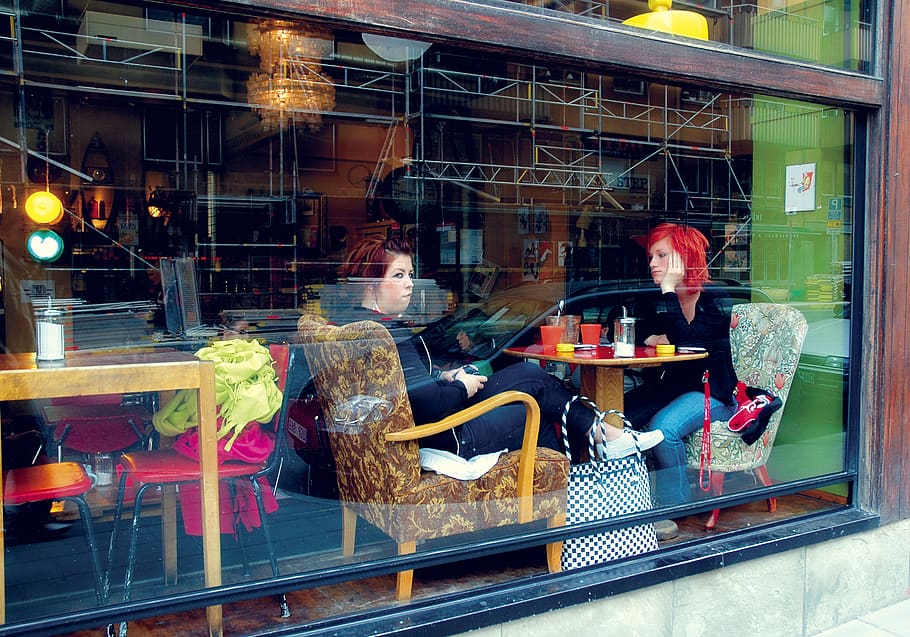Swedish expert Anders Tegnell says his country followed a “classic pandemic model” strategy on Coronavirus as recognized by international colleagues for 20 years.Sweden’s chief epidemiologist, who is largely behind the approach of keeping large parts of the country open during the coronavirus pandemic, says he was surprised to see other European Union countries close their borders.The man behind Sweden’s controversial Covid-19 strategy has characterized lockdowns imposed across much of the globe as a form of “madness” that flies in the face of what is known about handling viral outbreaks.

Anders Tegnell, chief epidemiologist for Sweden’s Public Health Agency, described his country’s strategy in a program by Swedish public radio channel Sveriges Radio P1 as a “classic pandemic model” that he had been discussing with international colleagues for 20 years.Tegnell said “it was as if the world went crazy and everything we discussed seemed completely forgotten”.Sweden, a country of 10 million people, has so far recorded 62,324 coronavirus cases and 5209 deaths.The number of deaths is far more than its Nordic neighbours and one of the highest per capita death rates in the world.
“It was as if the world had gone mad, and everything we had discussed was forgotten,” Tegnell said in a podcast with Swedish Radio on Wednesday. “The cases became too many and the political pressure got too strong. And then Sweden stood there rather alone.”
Tegnell admits he misjudged the deadly potential of the coronavirus in its early stages, but has refused to consider abandoning his strategy. He says restricting movement to the radical extent seen across much of the globe can create other problems, including increased domestic abuse, loneliness and mass unemployment.
“In the same way that all drugs have side effects, measures against a pandemic also have negative effects,” he said. “At an authority like ours, which works with a broad spectrum of public health issues, it is natural to take these aspects into account.”
Denmark has had 603 coronavirus deaths, Finland has seen 327 and Norway has had 249, according to a tally by Johns Hopkins University.

Tegnell said the coronavirus is unpredictable and stressed it was difficult to know which methods have the best effect.A recent survey in Dagens Nyheter, one of Sweden’s largest newspapers, showed that support for Sweden’s Public Health Agency had dropped to 57 per cent in June from 69 per cent in April.
Tegnell’s underlying argument is that Covid-19 isn’t going away any time soon, meaning sudden, severe lockdowns will ultimately prove ineffective in addressing the longer-term threat. Meanwhile, the virus has recently resurfaced in a number of places where authorities thought they’d brought it under control, including Beijing.
“I’m looking forward to a more serious evaluation of our work than has been made so far,” Tegnell said. “There is no way of knowing how this ends.”

